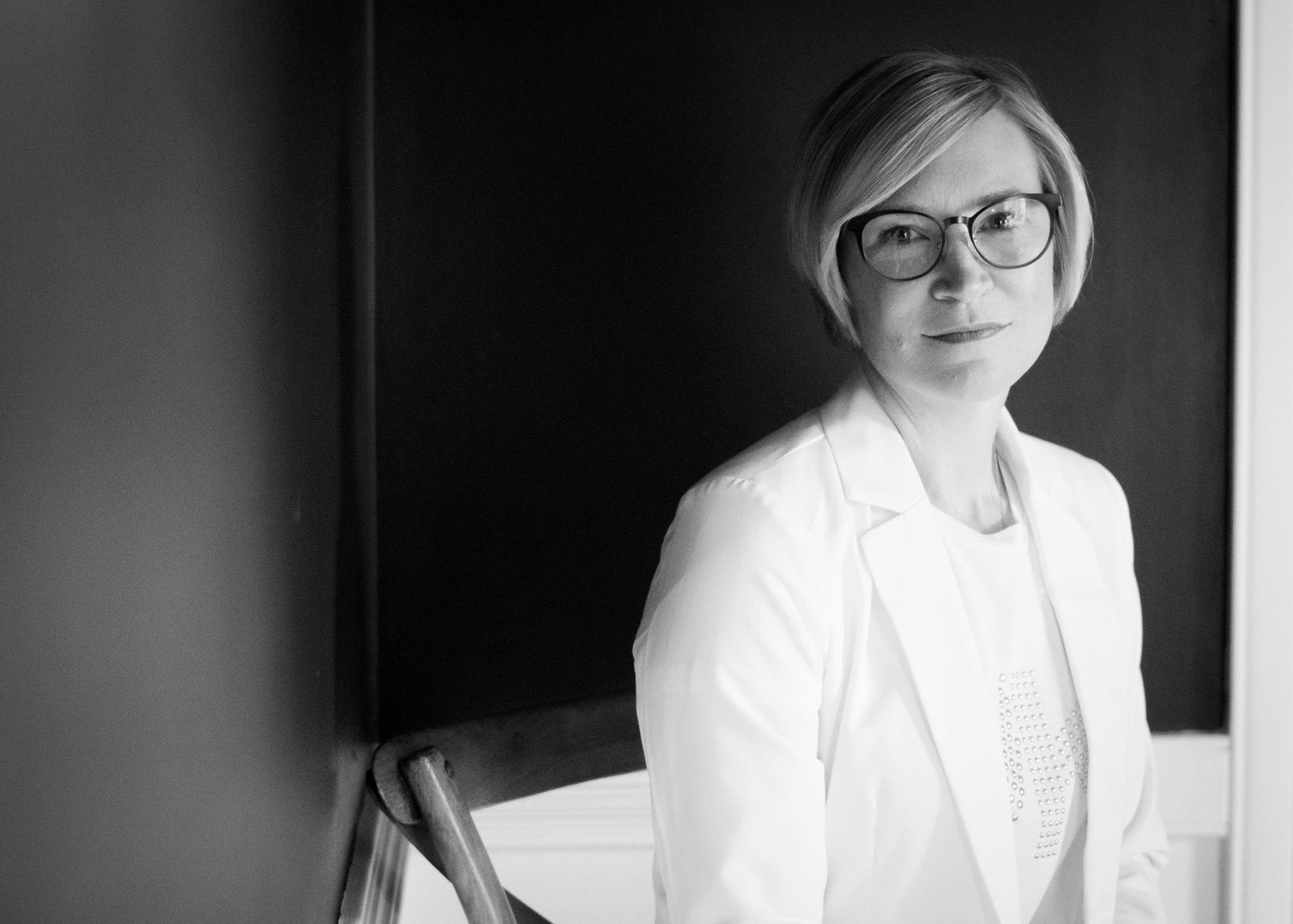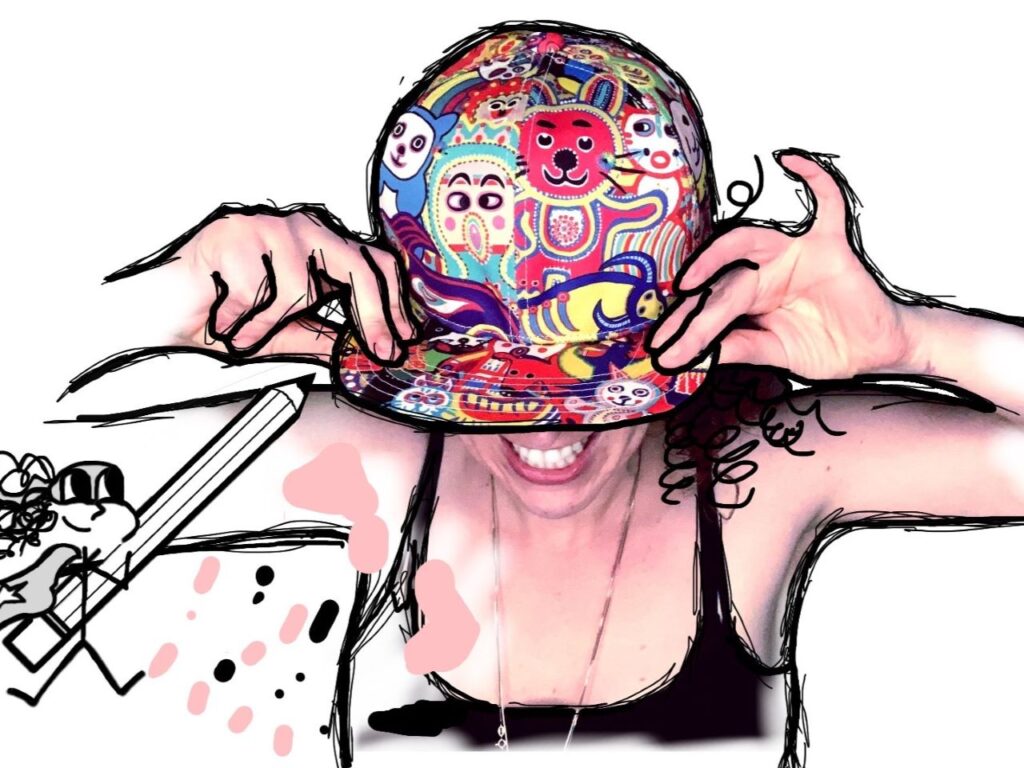On World Mental Health Day we caught up with Rachel Star Withers: media personality, podcaster, and schizophrenic.
Very little separates me from the unhoused or drug-addicted person with Schizophrenia who struggles to get appropriate care and medication. Having a steady home and financial stability allows my family and I to jump through the unending hoops it takes to work through the system.
- 10 months ago
October 10, 2023
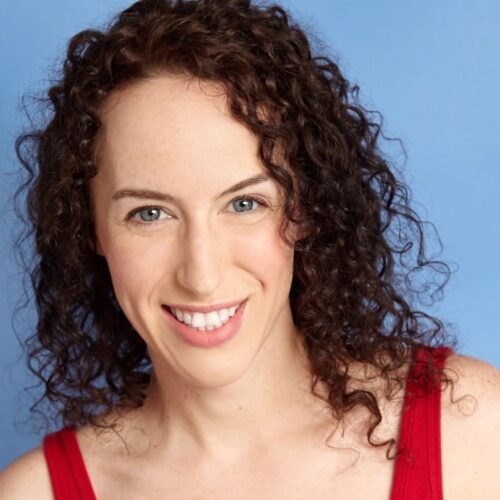
SOUTH CAROLINA, United States ꟷ Growing up as a little girl in South Carolina, when I walked outside, I often saw faces peering out of the bark in the trees. Sitting inside my house, monsters visibly lurked nearby and, sometimes, people’s appearances changed right in front of me. Voices came out of nowhere and I began to feel this constant urge to kill myself. “Everybody must have a creative and overactive imagination,” I often thought. After all, this was the Bible Belt. Adults talked about seeing demons and angels all the time. Little did I know at that young age I was experiencing symptoms of Schizophrenia Spectrum Disorder. In fact, I would face many years and hard-fought battles before I got the support I needed.
You mean not everyone sees monsters?
On a Wednesday afternoon, at 16 years old, I walked with a group of friends from school towards my family’s church. We had three hours to kill before youth group started, so we plopped down on the sidewalk and started chatting. As the cool, fall breeze danced though the air, something in the conversation made me think of seeing monsters.
I mentioned it very nonchalantly. To me, this was not a confession; it was simply part of the conversation. A hush fell over the group as my friends became very serious. Their expressions revealed their discomfort.
Suddenly, it hit me: I was the only one seeing these things. A light switch turned on inside my 16-year-old mind. “I’m alone in this,” I thought. “I’ve been mistaken my entire life.” This jarring discovery and the reaction of my friends convinced me to never speak of it again. I flew under the radar this long, why not continue?
On the outside, no red flags really existed. I got perfect grades in school and participated in extracurricular activities. I could carry on that way, so I did. I kept my secret close to the vest and went another year before saying those words out loud again. It felt safer than the possibility of being an outcast and losing my friends.
My first attempt at therapy leads to an exorcism
At 17 years old, I attended a Christian school out in the middle of Texas for a one-year internship program. By now, with my new awareness front of mind, I understood the gravity of my situation. Things got so bad; I could feel it all falling apart inside my head. I bravely entered the office of the campus therapist and told him my story.
He treated me for depression, but when my auditory and visual hallucinations continued, the school suggested something more aggressive: an exorcism. Halfway through my year-long program, I needed help, and I believed them.
The exorcism lasted three days and I wasn’t allowed to eat or drink anything but water. The school put me in a room with an adult woman who was pregnant, and she brought in two younger women in their twenties to assist.
Exhausted and hungry, I yawned. “Did you see that,” she asked suddenly. “Did you see what you did?” She told me the word spirit meant breath and my yawn was the manifestation of a demon. They picked apart my every action then prayed and laid hands on me, commanding the demons out.
My head never spun in circles, nor did I throw up like you see in movies. They made me confess my every sin – the worst of which was watching a show about vampires. After it all ended and I got some food and rest, my symptoms returned. The only thing worse than an exorcism, I learned, is an exorcism that doesn’t work.
Facing my parents, my fears, and my Schizophrenia
When I told the school officials about the disappointing results, they set me apart, physically and emotionally. I was deemed a failure because I let Satan back in. The school kept me from activities that my class of 500 enjoyed together, and when I graduated, they never even told me I failed.
During the ceremony, I sat in my seat, holding my diploma in my hand. The boy next to me leaned over with a perplexed look on his face. “Why is yours different than mine,” he asked.
It turned out that while I had perfect scores in every class and stellar reviews on my work, I earned a zero in spirituality – deeming me a failure. While every other classmate earned a real certificate, I did not. A sense of shock and confusion settled in. The next few years meandered by, and I experienced a complete collapse of my entire life.
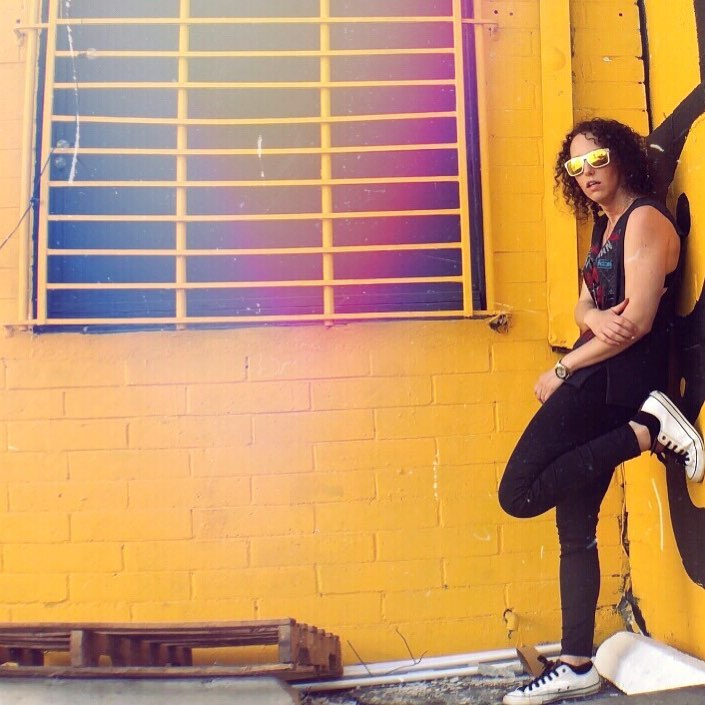
At 21 years old, I lived during a time when mental health wasn’t considered health, and Obamacare had not yet kicked in. I could barely afford a psychiatrist. Besides, I felt scared. “If I tell someone what I’m experiencing, they will surely lock me up in a hospital,” I thought.
When I finally gathered the money and courage to see a doctor, the word Schizophrenia emerged. Unable to afford treatment, I finally went to my parents. On that day, as the three of us sat together on the big trampoline in the yard, I felt incredibly nervous. I have great parents, but I worried they would blame themselves. The last thing I wanted was for my mom and dad to think they did something to cause this.
The challenges of the system and speaking out
When the words finally danced from my lips and I told my parents I had Schizophrenia, everything went silent for a moment. Then, ever so quickly, my mom embraced me with kind acceptance. It took a little longer for my dad. A happy-go-lucky kind of guy, he always believed joy was choice. It proved harder for him to understand mental health; but eventually, he made the connection. This was a real; you just couldn’t see it.
At 38 years old now, I live in the lower level of my parent’s home. I cannot hold down a 40-hour-per-week job, and being on my own for any more than two weeks sends me into a spiral. Yet, I feel privileged. I get to talk publicly about Schizophrenia on my podcast and my YouTube channel. I have nothing to lose.
I know far too many people with Schizophrenia Spectrum Disorder who have lost jobs, been kicked out of the military, or had Child Protective Services called on them. My ability to speak has little to do with being brave; I simply face far less serious consequences.
Very little separates me from the unhoused or drug-addicted person with Schizophrenia who struggles to get appropriate care and medication. Having a steady home and financial stability allows my family and I to jump through the unending hoops it takes to work through the system.
I’m also a young, white woman. When I have a psychotic episode in the grocery store and start talking to myself out of confusion, people often seem quick to help. If I were a 6’4” black man, like my friend, the reaction is often profoundly different.
You are not alone: not even close
I’ve learned so much throughout my journey, not the least of which is, “It’s not all that exciting.” People’s ideas about Schizophrenia far too often come from television, movies, and the media. They always portray us as killers, weird characters, and bad plot points.
The last few years, political rhetoric has shined a spotlight on “mental illness” (not “mental health”) as the driver of gun deaths in America. This only exacerbates the stigma. The political and fear-based rhetoric around this country makes people like me even less likely to admit they need help.
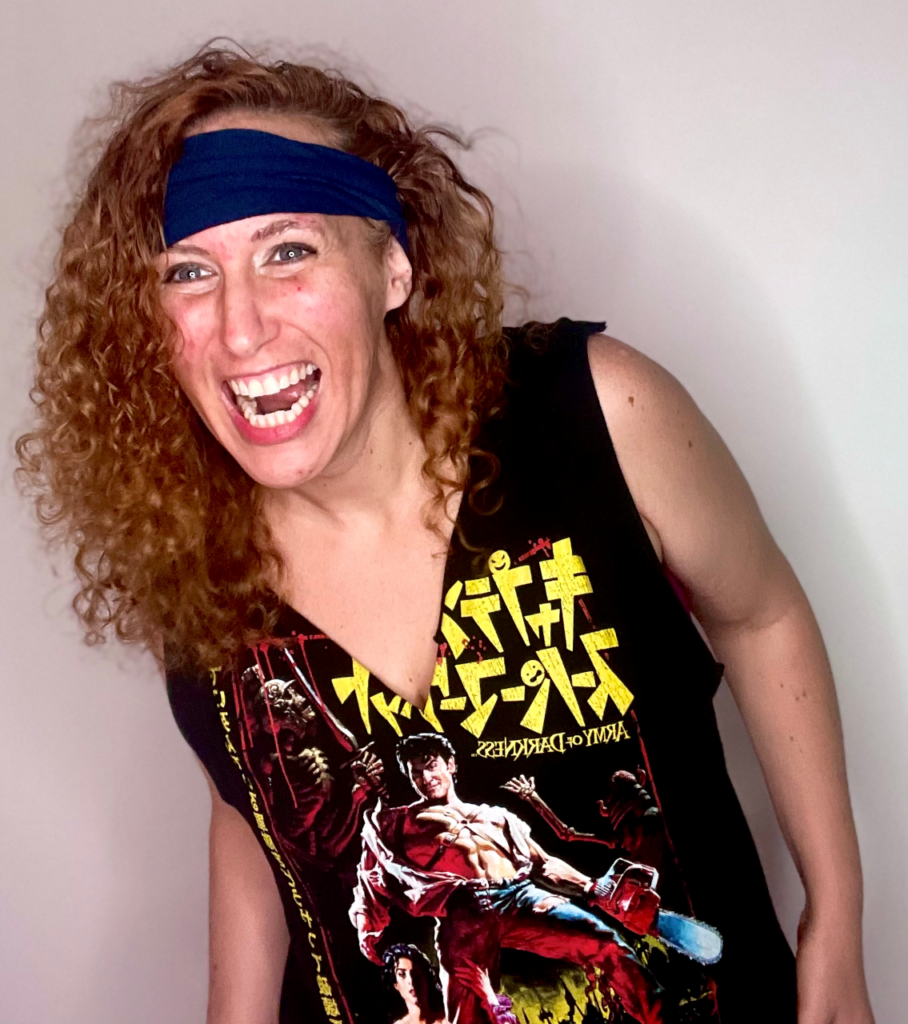
To those of you supporting a friend or a loved one who experiences any kind of psychosis, you don’t have to fix them. Tell them, “If you want to talk, I’m here. If you don’t want to talk, I’m here. If you need distraction, let’s go on an adventure.”
For many of us with Schizophrenia Spectrum Disorder, hobbies and activities distract our minds and offer a healthy coping mechanism. If I’m busy learning martial arts, I’m not obsessed about the thoughts in my head.
To others like me, if you see hallucinations, hear voices, or experience a constant urge to harm yourself – know that you are not alone. Shockingly, you are not even close to being alone. Getting my diagnosis provided me with an incredible sense of relief. Schizophrenia is so well documented they teach it in colleges and universities. An entire community of us exists.
